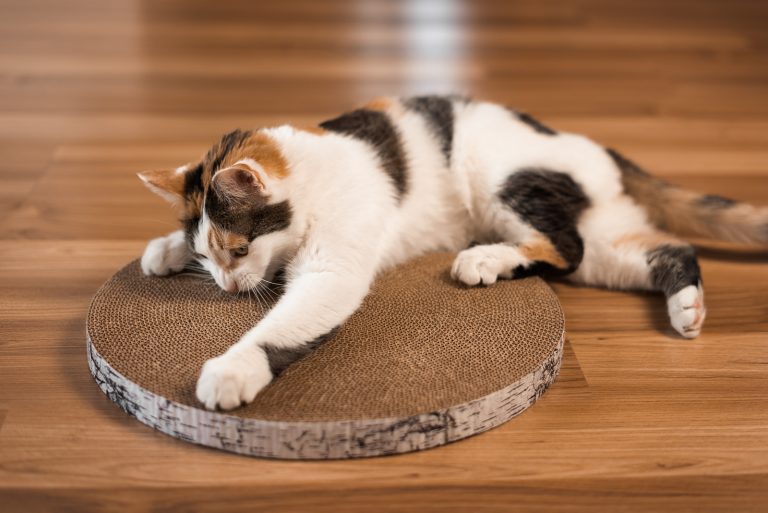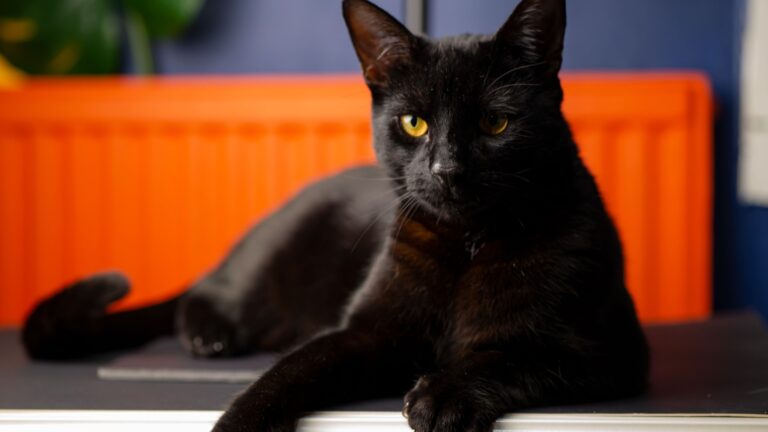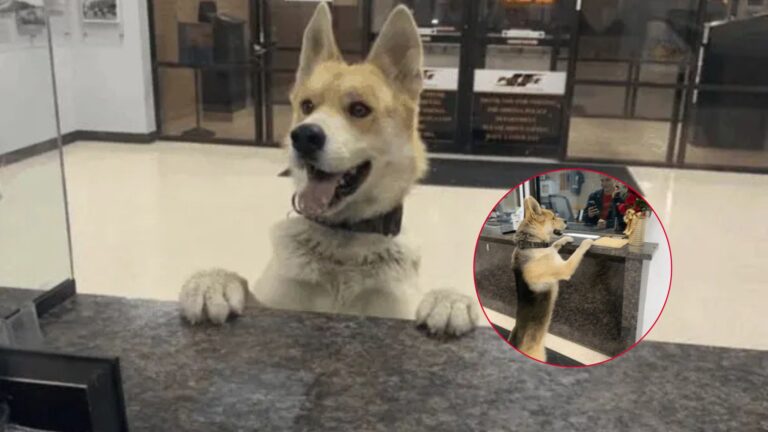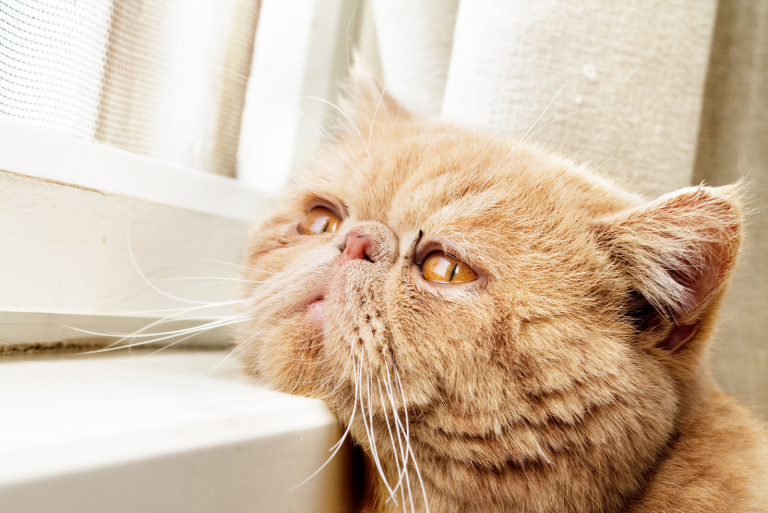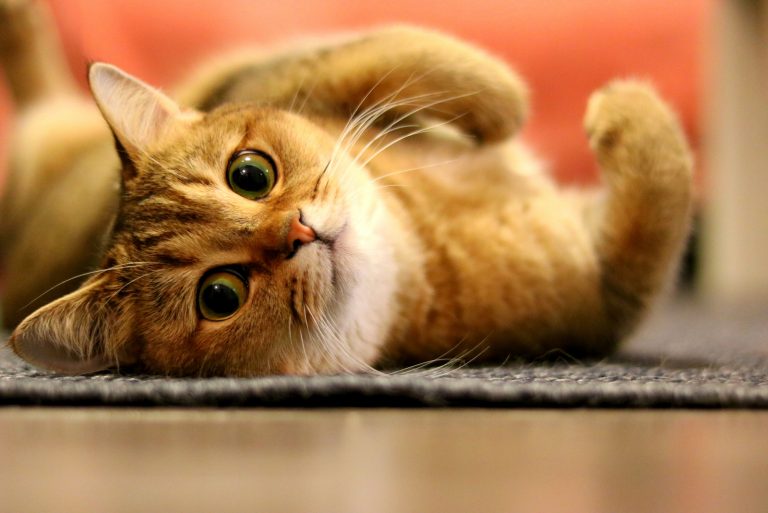Can Cats Breathe Through Their Mouth? Everything You Need To Know!
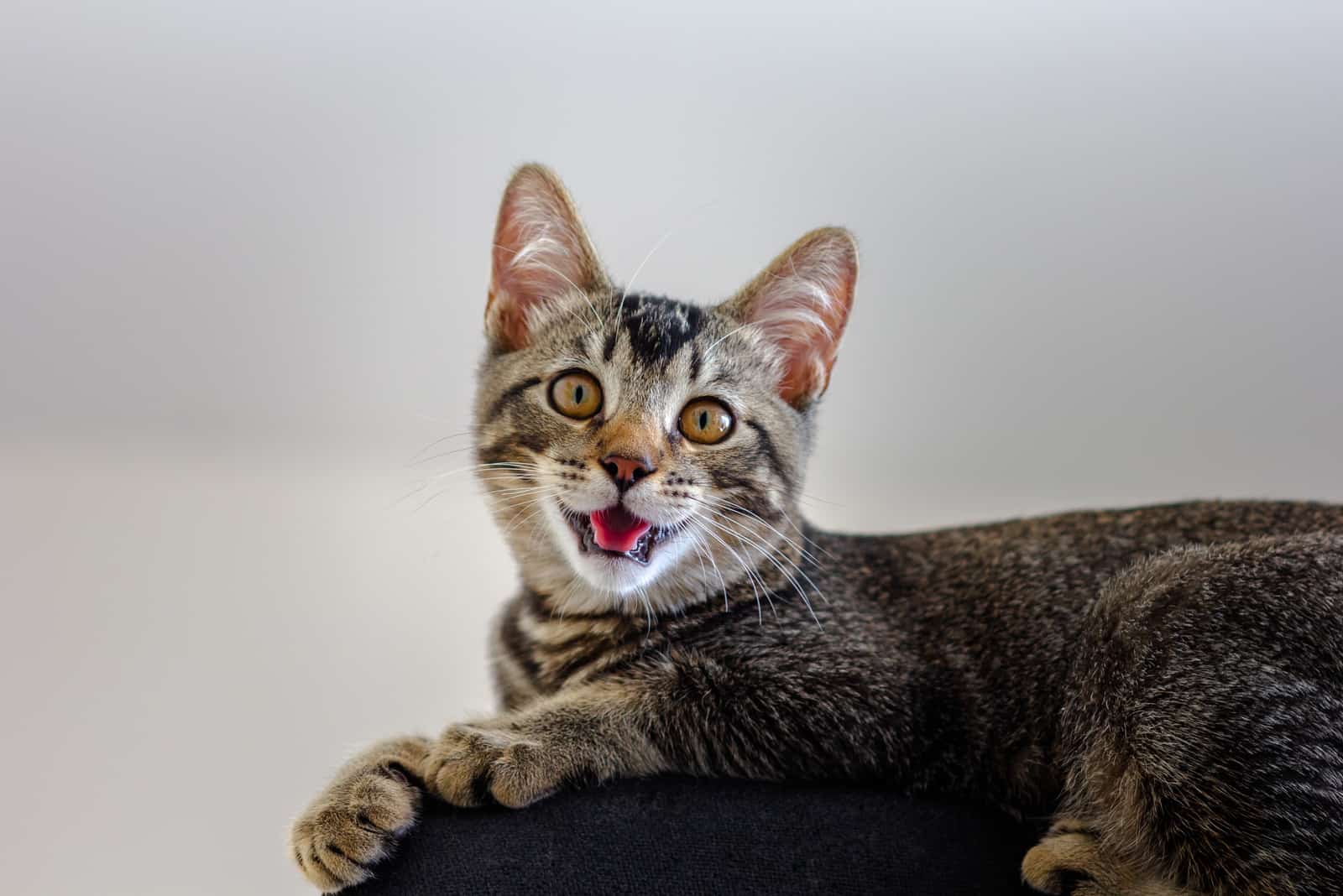
Cat’s breathing is generally so even and smooth that you don’t even notice or hear your furry friend breathe.
Since they are silent breathers, you aren’t technically supposed to hear any sound coming from your cat’s mouth or nose. The only sounds that are normal are the sounds of meowing and purring.
However, if you ever do notice something unusual about your cat’s breathing, don’t worry. You are in the right place to find out everything you need to know.
You might be worried and wondering can cats breathe through their mouth? Or asking yourself if it is normal that your cat is breathing differently.
In this article, we discuss everything there is to know about your cat’s breathing difficulties. We will look at how cats breathe, why you might notice your cat breathing through its mouth, and what you can do to help your cat.
Can Cats Breathe Through Their Mouth?
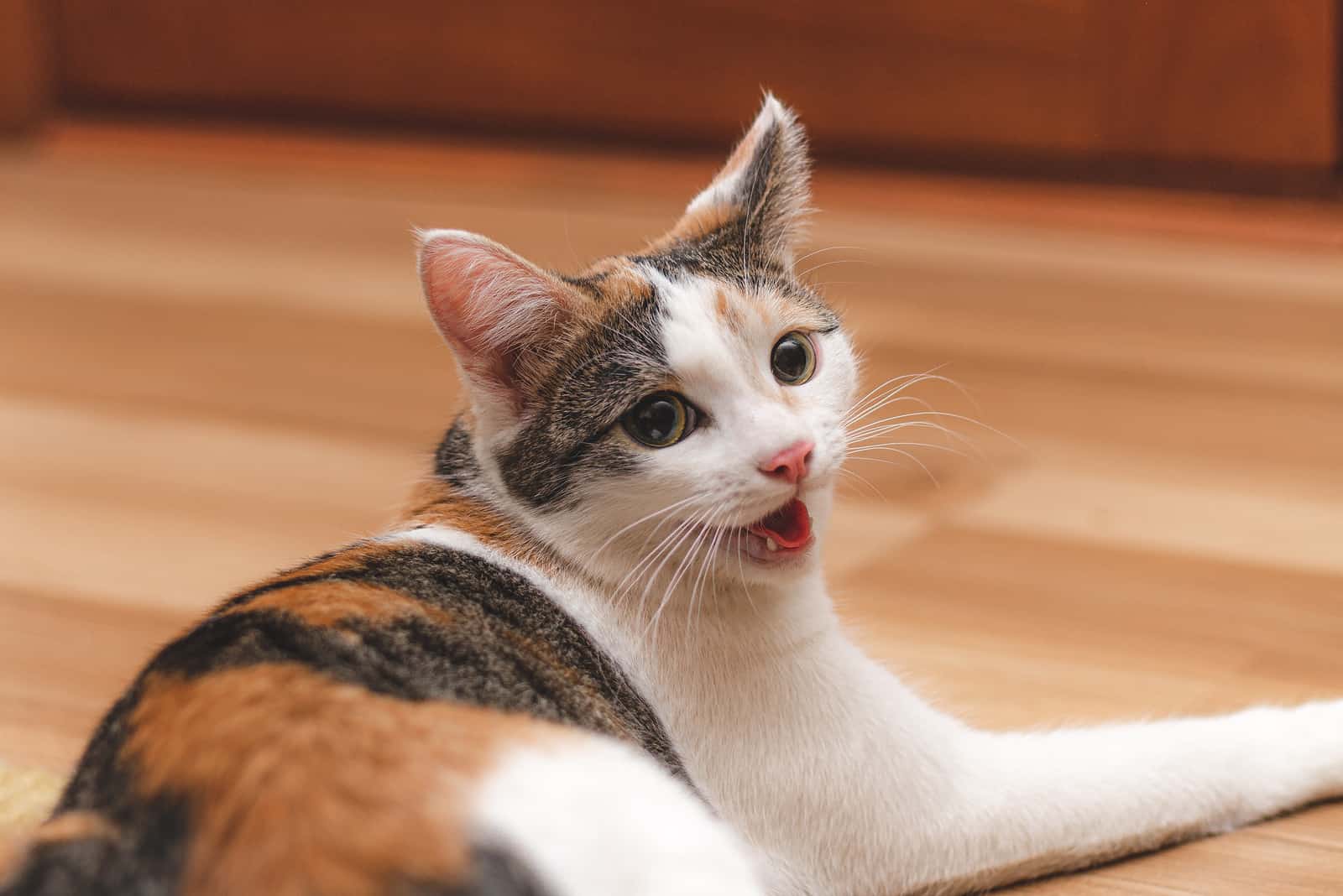
Yes, it is possible for cats to breathe through their mouth, but it is not common, and usually it is a warning sign that a cat is experiencing a health issue that you should get checked out by a vet.
How Cats Breathe?
Cats are exclusively nasal breathers, which means that they should be breathing only through their nose.
Even though cats have some similarities with humans when it comes to the respiratory system, one thing is significantly different. Humans can choose between breathing through their nose or mouth. Cats, on the other hand, cannot.
Even though it might be physically possible, this doesn’t mean that cats can easily switch between different kinds of breathing.
So, how exactly does a cat breathe?
A cat’s respiratory system consists of the nose, mouth, and large and small airways that are connected to the lungs. Air travels through the windpipe into the lungs.
The most important task of the respiratory system is to deliver oxygen from the air into the blood. Then, to eliminate the carbon dioxide and distribute oxygen throughout the body.
What Does It Mean If My Cat Is Breathing Through Their Mouth?
If you notice your cat breathing through their mouth, be aware that this is usually a sign of a serious issue or illness.
It may be that your cat is having breathing problems. This can be caused by many issues including heart diseases, bacterial infections, allergies, stress, or some other serious medical conditions that require urgent medical attention.
You shouldn’t ignore this tell-tale sign of illness. Neglecting breathing difficulties may unfortunately lead to losing your beloved pet.
Why Do Cats Breathe Through Their Mouth?
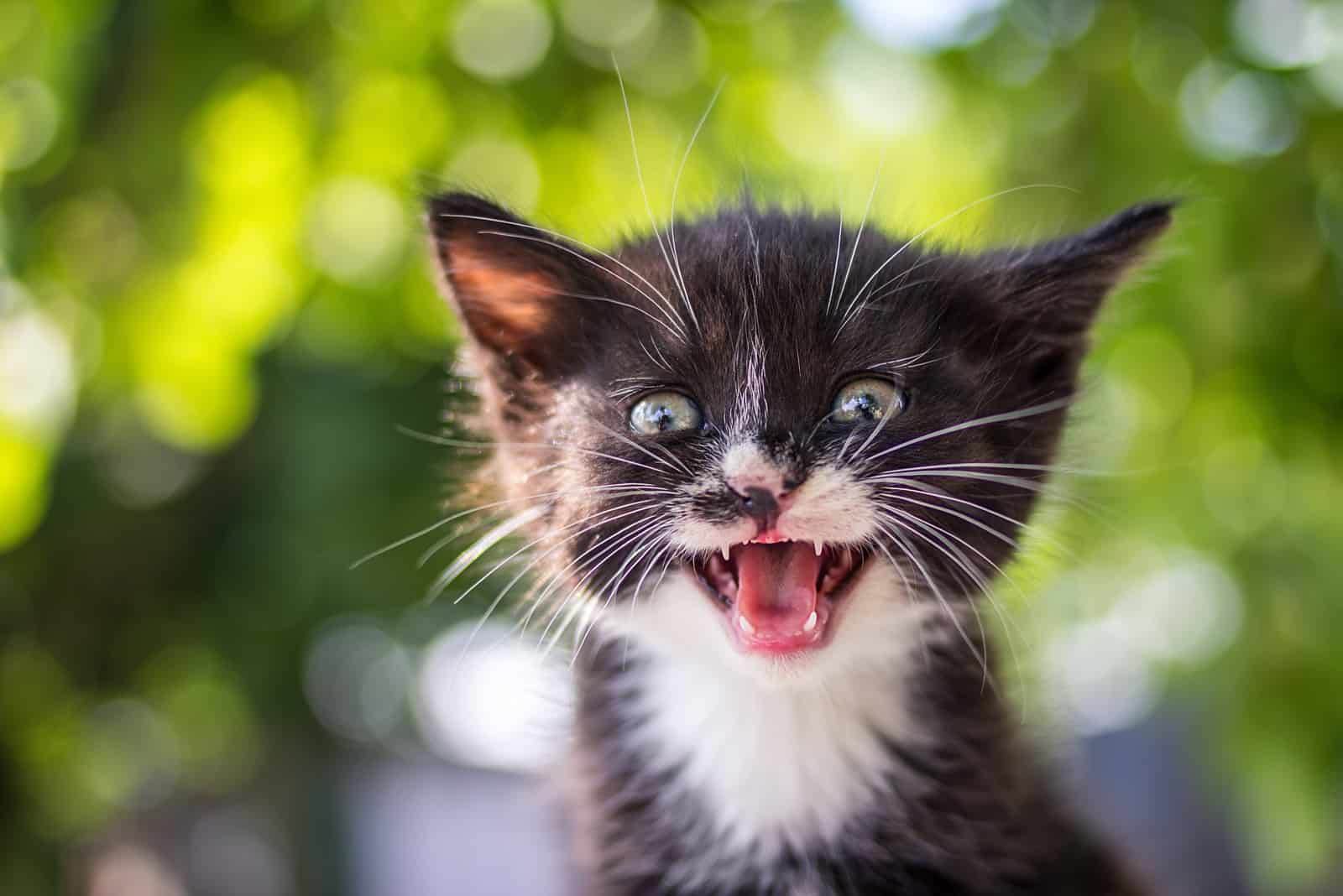
Here are the 7 most common reasons why your cat may be breathing through their mouth:
1. Upper Respiratory Infection (URI)
Feline upper respiratory infection is a common disease among cats. It is similar to the common cold or flu in humans.
Even though cats rarely die from URI, if left untreated it can sometimes become fatal.
This condition is caused by one or more viral or bacterial agents, and it affects the upper airways – the nose, mouth, and sinuses.
Be aware that a URI is contagious and therefore can be common among cats who have been in contact with other cats, for example among outdoor cats or in animal shelters.
Since it can spread to other cats, if you have more than one cat at home, and you notice that one of your cats is sick, you should isolate them because of possible cross-infection.
Upper respiratory infection can be caused by viral infections, such as feline herpes or feline calicivirus, or bacterial infections like Bordetella and Chlamydia.
Some symptoms of URIs are:
• open mouth breathing
• drooling and runny nose
• sneezing and coughing
• congestion
• fever
• loss of appetite
• nasal and eye discharge
• oral or nasal ulcers
If you notice these symptoms, you should definitely take your cat to the vet, who will then provide you with the medication needed to fight the infection as well as important advice on how to help your cat breathe and eat normally.
It could take your cat two to three weeks to recover.
2. Feline Asthma
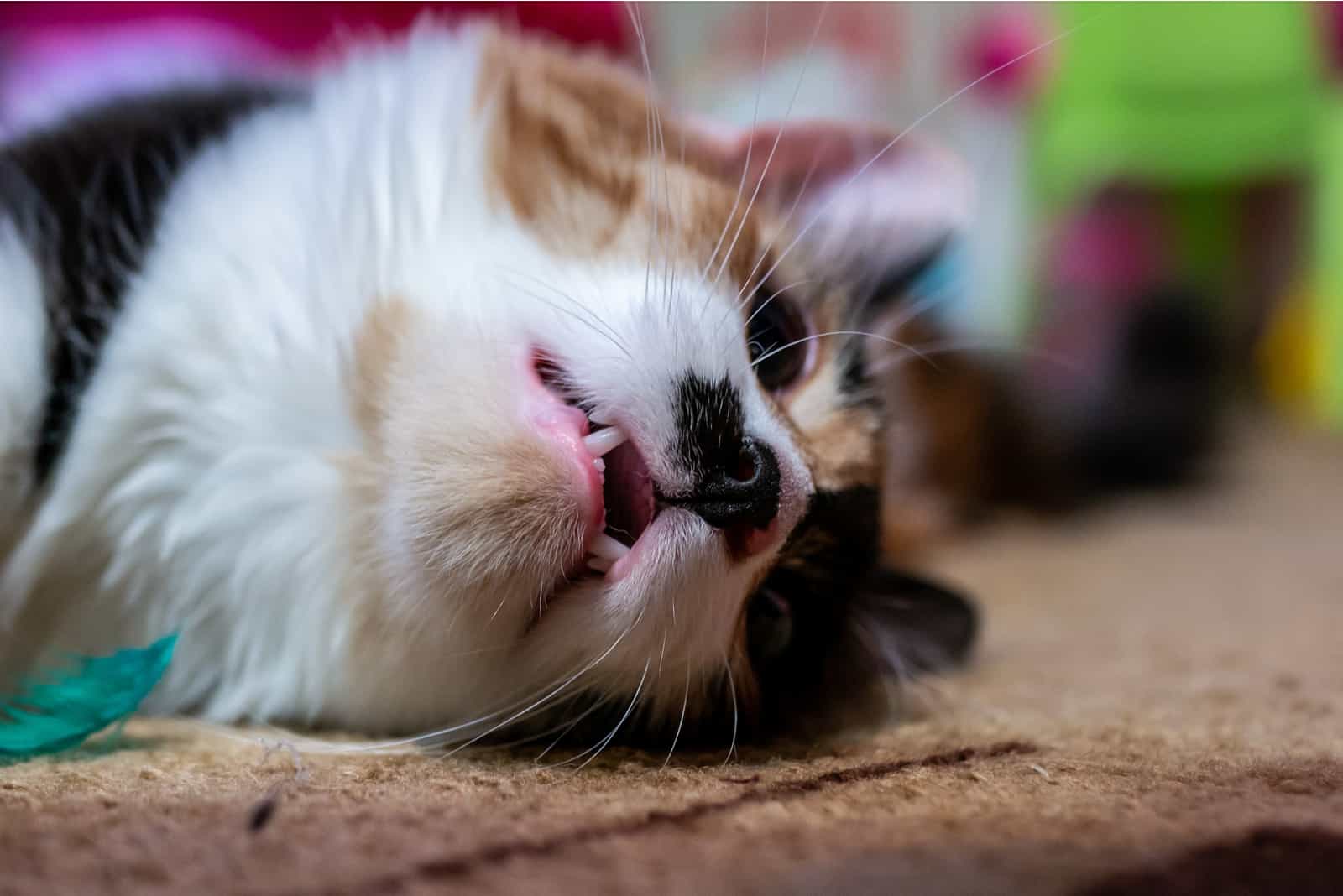
When I first found out that cats can suffer from asthma, I was so surprised. If you are wondering why is my cat having breathing problems, feline asthma may be the cause.
Asthma affects 5% of the feline population. Even though it is not that common, it is still an issue that cat owners should be aware of.
Just like humans, cats suffering from asthma attacks may experience difficulties while breathing. They may suffer from coughing, rapid breathing, open mouth breathing, or even vomiting.
To treat feline asthma, vets may prescribe your cat with anti-inflammatory medication to help reduce any inflammation or swelling in the airways.
Regular inhalation, purifying the air and avoiding allergens may also help with oxygen levels and reduce the risk of asthma attacks.
3. Stress
Open mouth breathing can also be caused by stress or shock. In this case, you may find your cat panting like a dog.
You may think that this is quite cute, or that maybe your cat has suddenly learned a new trick. However, this is rarely the case.
Cats experience stress in the same way as humans do. When faced with situations that are new to them, or that they are scared of, they may go into a state of shock.
In the same way as humans have panic attacks, causing troubled breathing, cats can also experience problems with breathing when they are finding it hard to calm down.
It is important to isolate your cats from any stressors and provide them with a peaceful, secure environment.
So, next time you notice that your cat is, for example, panting while riding in a car, don’t try to force them to experience this trauma again unless it is absolutely necessary, like taking them to the vet.
4. Heatstroke
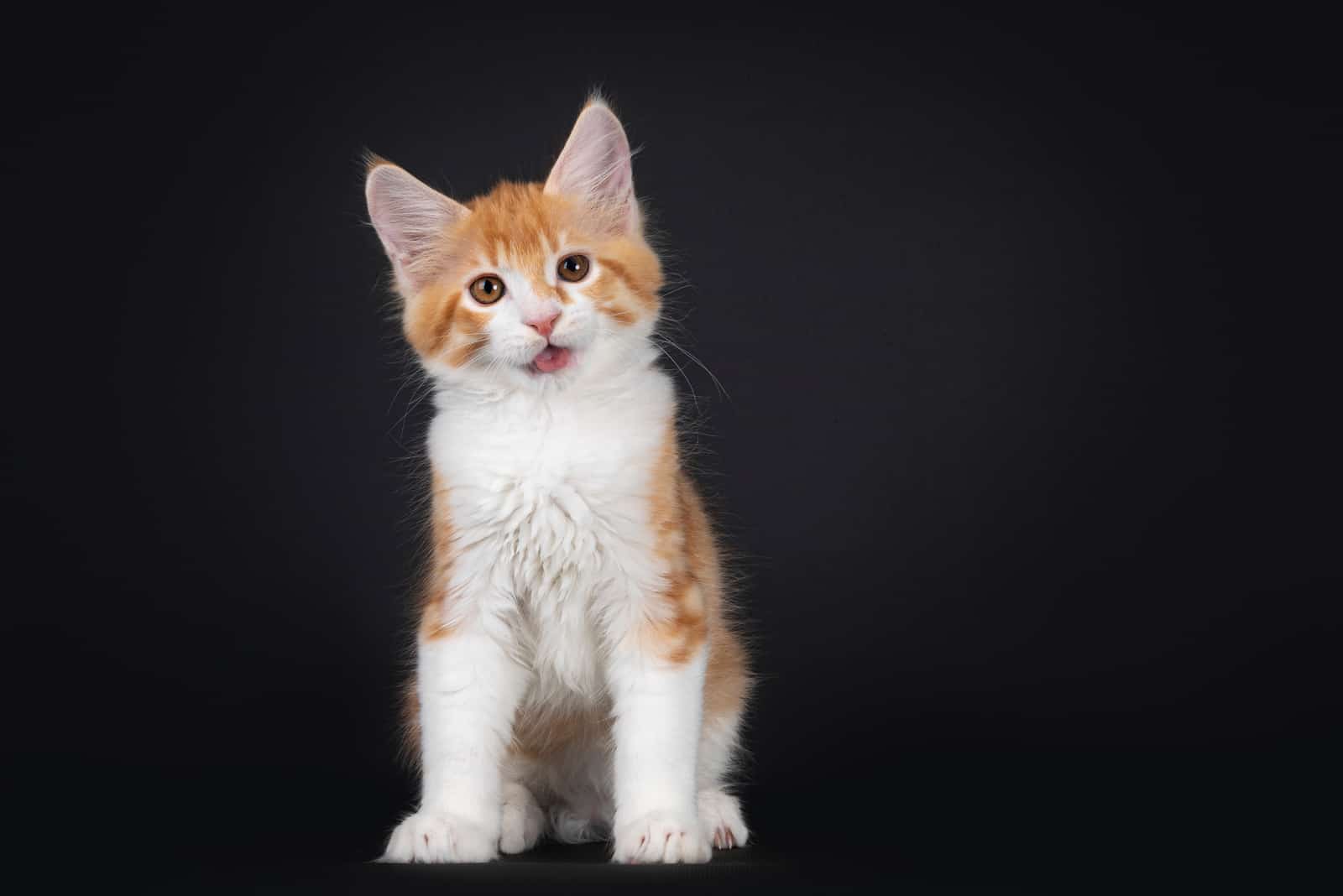
Heatstroke happens when a cat’s body temperature increases to over 104 °F or 40 °C. Heatstroke is a serious medical emergency and a vet should be consulted as soon as possible.
Symptoms of heatstroke include:
• rapid breathing and breathing through mouth
• drooling and salivating
• vomiting
• lethargy
• red and swollen gums
• bright red tongue
• restlessness
Please, if you notice any of these signs, consult a vet immediately because not treating heatstroke will cause a cat’s body temperature to rise further.
All of this can cause the cat’s heart rate to quicken, which can cause seizures, heart failure, and unfortunately even death.
5. Pleural Effusion
Pleural Effusion is a buildup of excess fluid around the cat’s lungs, which prevents the normal absorption of oxygen.
Pleural Effusion is usually caused by heart failure, tumor, pneumonia, lung infections, and pulmonary embolism.
The signs that your cat might have fluid build up are:
• open mouth breathing
• breathing difficulties
• lethargy and loss of appetite
• a cough
Cats suffering from Pleural Effusion require urgent medical attention and x-rays, the removal of excess fluid and oxygen therapy.
6. Allergies
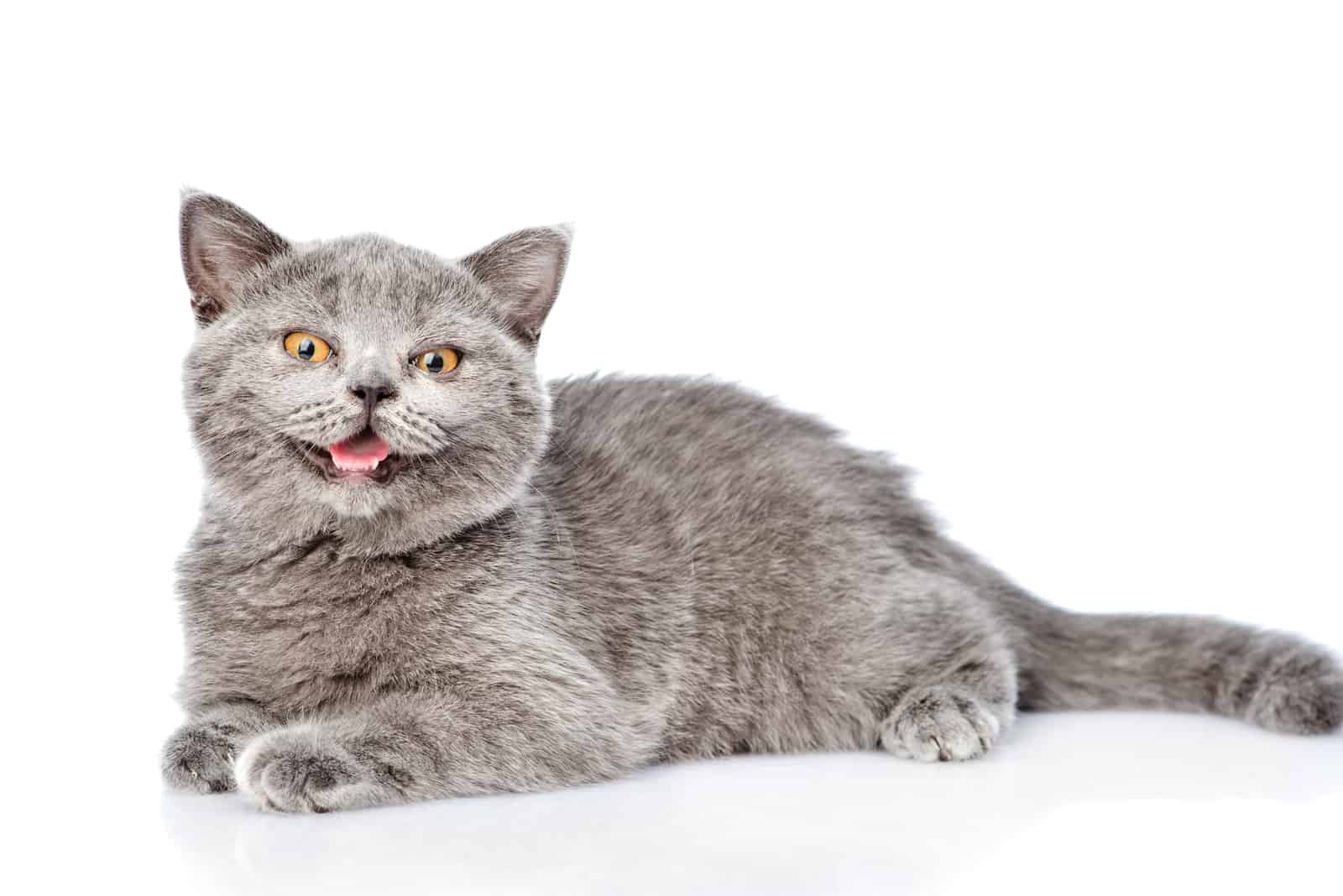
Cats are also prone to allergies, especially in spring or fall, just like humans.
Those who suffer from allergies, myself included, know just how difficult breathing can become during allergy season, especially through the noses.
Allergies can cause blocked nasal passages and sneezing, which makes breathing through the nose quite impossible.
Some of the allergens that can cause respiratory distress include dust, smoke, pollen, or even cleaning products used around the home.
If you notice that your cat suffers from allergies caused by some of these allergens, immediately try to remove them from the cat’s environment.
Using an air filter may also help make the air cleaner and better for cats to breathe, with the added benefit of cleaner air and reduced pet dander for humans too.
7. Old Age & Exercise
It is sometimes the case that mouth breathing is not actually a sign of a serious health issue, but simply a sign of your cat’s old age. It could also be a result of over exertion.
After arduous exercise, cats may be lethargic, have breathing difficulties, or begin panting. This is quite normal as they are trying to calm down and recover their oxygen levels.
When they are back to their normal state, they should be able to stop breathing through the mouth and breathe again through the nose. However, if this doesn’t happen, you may want to consult your vet.
As they age, cats naturally get tired much more easily and it might not take as much exertion for them to experience breathing difficulties.
What To Do If Your Cat Is Open Mouth Breathing?
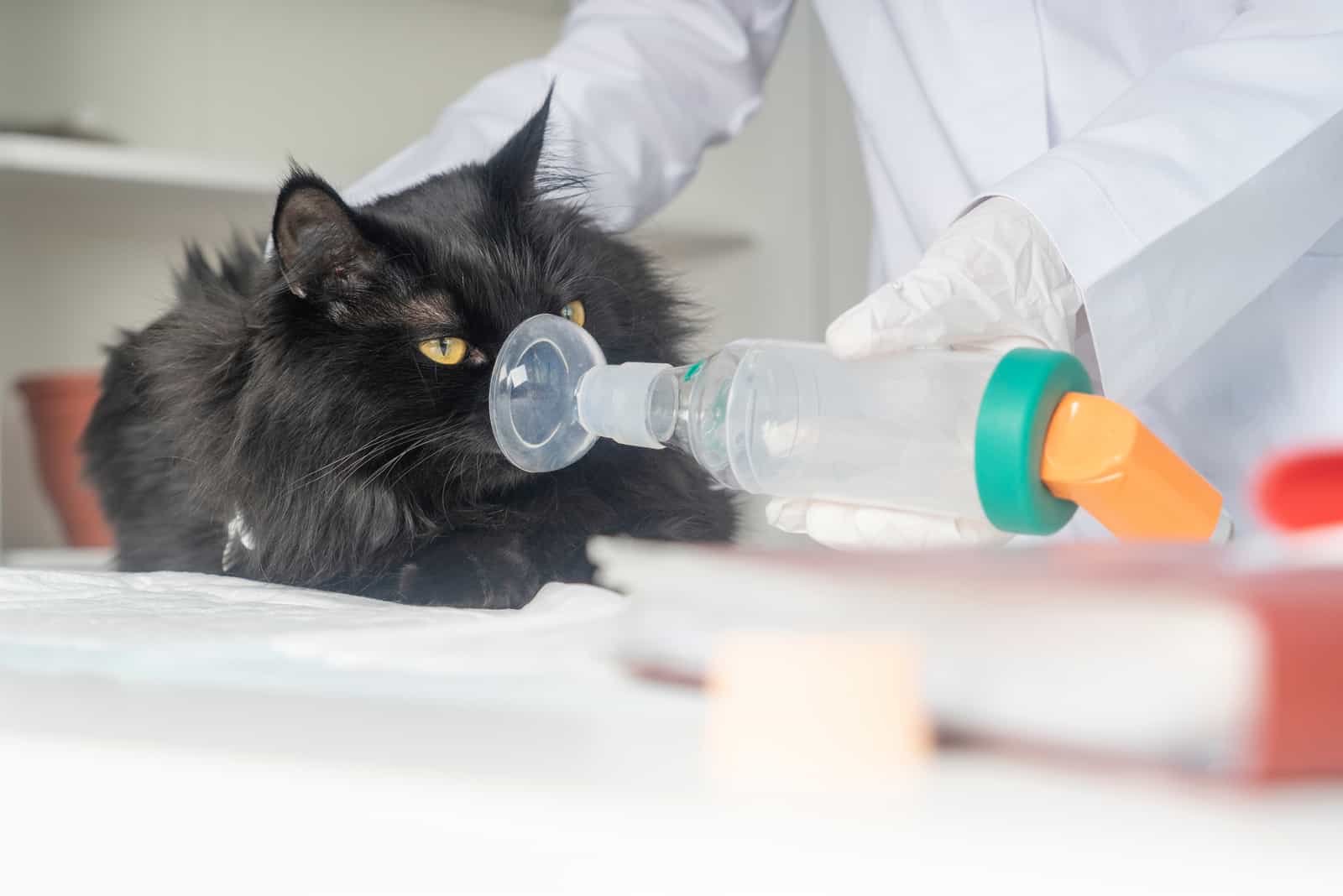
Once you have noticed that your cat is breathing through its mouth, you need to carefully watch for other symptoms, which can tell you if you need to urgently take your pet to the vet.
It is always better to get medical advice than trying to diagnose and treat your cat by yourself. A wrong diagnosis can seriously endanger the cat’s health.
What Can I do To Help My Cat Breathe Easier?
There are always some things you can do to treat feline dyspnea, which is just a medical name for cats having trouble breathing.
For example, avoid having scented candles, harsh cleaning products, or any other scented products that might interfere with a cat’s breathing.
Also, you can make sure that your cats are drinking enough water, which is important for breathing. If the cat has asthma or allergies, investing in an air purifier will ensure you have cleaner, safer air.
How Can I Help My Cat With A Stuffy Nose?
To help a cat with a stuffy nose, gently wipe your cat’s nose with a damp cloth or a cotton pad.
Nasal congestion will cause your cat problems with inhaling and exhaling air, which can then result in them not receiving enough oxygen.
Increasing humidity levels in the house can also help your cat breathe better. Use a saline solution and some gauze pads to clean and soothe your cat’s watery eyes.
If your cat is chronically congested, steam therapy might help to clear up the cat’s stuffy nose.
Also, while your cat is sick, it may have problems eating and drinking. Try to feed your cat some wet food, which is good because it provides both nutrients and hydration.
Keep your cat warm and comfortable by providing it with extra blankets (and some extra love).
Conclusion
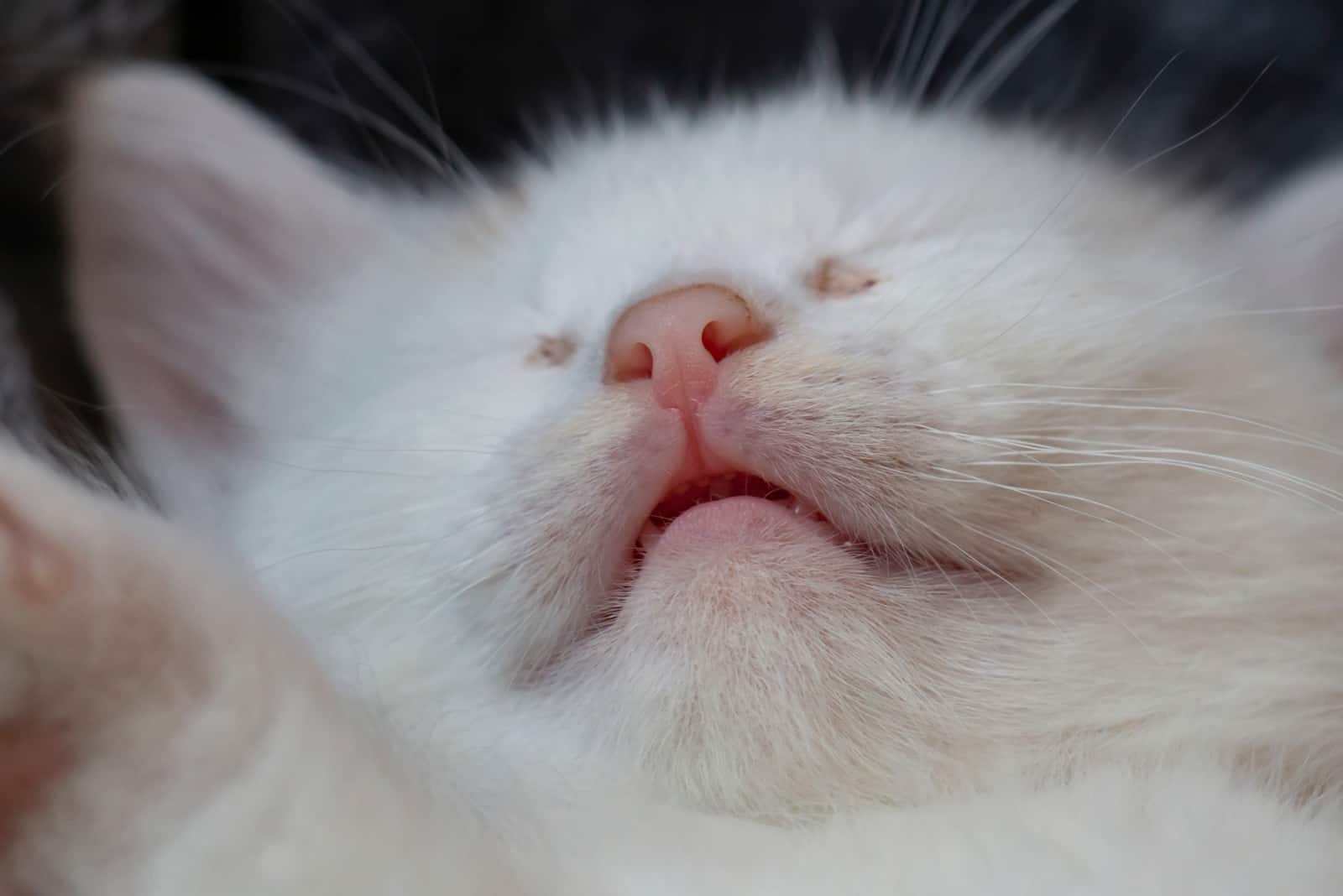
So, can cats breathe through their mouths? The short answer is yes. However, that doesn’t mean that it is a good thing.
Breathing through the mouth is a sign of breathing problems. It can be an indication that something is seriously wrong.
Breathing through the mouth can be caused by several things, which is why it is important to have your cat examined by a veterinarian regularly. This can make a huge difference by catching illness early and preventing the cat’s condition from deteriorating.
Taking good care of your little furry friend will ensure that they live a long and happy life.

